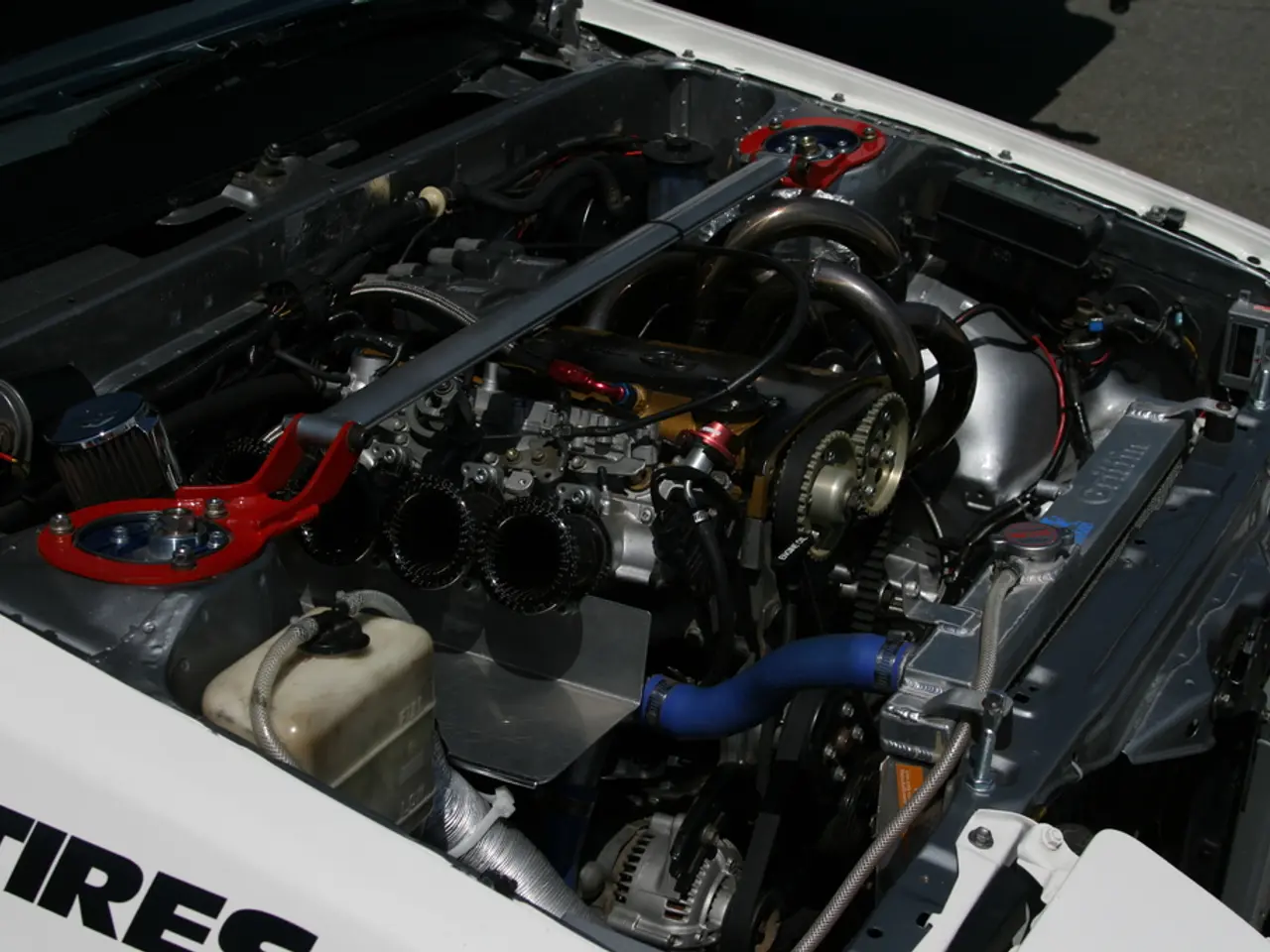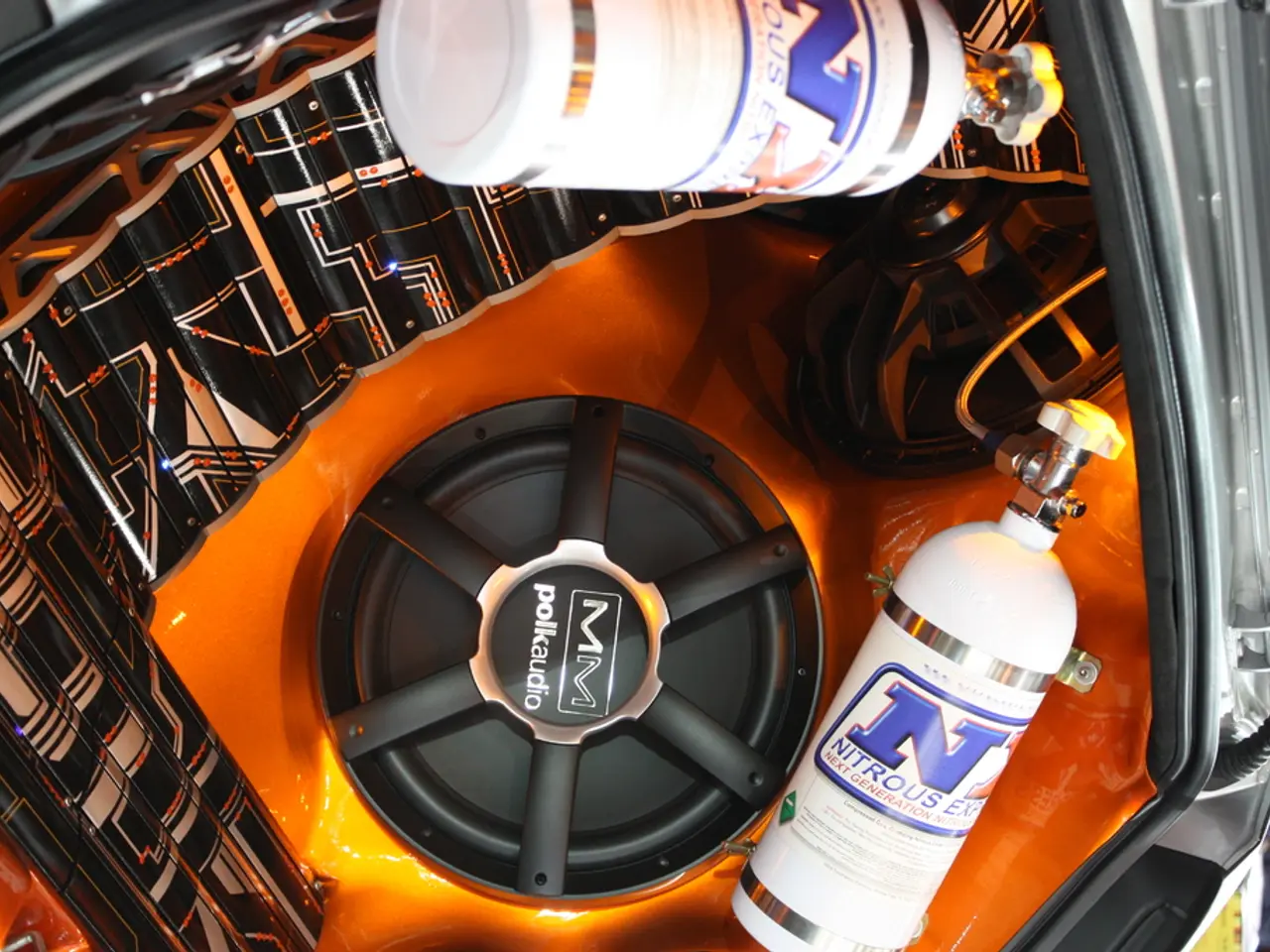Economic Struggles Hamper Northvolt's Green Plans in Sweden
In the heart of Europe, the battery production industry is navigating a turbulent period, with significant challenges and promising signs for recovery and growth in the medium to long term. This is evident in the current struggles faced by Northvolt, a Swedish start-up that aimed to establish Europe's largest electric battery production facility in Skellefteå.
Justice Dey-Seshie, a Northvolt employee, shared that many employees have had to leave Skellefteå due to job losses. Since September, Northvolt has cut approximately 25% of its global workforce, impacting more than 1,000 employees in Skellefteå alone. The company reported significant financial difficulties, with debts amounting to $5.8 billion as of November.
Competitive pricing from China, a leading manufacturer of electric batteries, has intensified the pressure on Northvolt. The challenges faced by Northvolt have raised concerns about Sweden's position in the green technology sector, particularly in the northern region known as the "Nordic Silicon Valley of sustainability."
However, the broader European battery industry is not without hope. Despite a 16% drop in market volume in 2024, settling at €20.5 billion ($23.8 billion) in Germany, a key player in Europe's battery industry, the industry is expanding in aspects such as battery testing, inspection, and certification. The market for these services in Europe is expected to grow from $410.9 million in 2024 to $2.21 billion by 2034.
The European Commission has implemented a new Batteries Regulation aimed at minimizing environmental impacts and fostering a sustainable, competitive battery industry. This includes emphasis on the battery life cycle, from material sourcing to recycling and repurposing. The EU is also actively supporting strategic investments in battery raw materials outside its borders to secure a diverse and reliable supply chain.
Industry experts forecast a gradual market recovery starting in 2025 with a return to growth by 2026, supported by supply chain stabilization and strategic repositioning toward specialized and high-performance battery segments where European engineering excels. The long-term growth drivers remain robust, including ongoing electrification trends, the need for transportation decarbonization, defense applications, renewable energy storage, and emerging opportunities in specialized battery niches.
In Skellefteå, Joakim Nordin, CEO of Skellefteå Kraft, remains optimistic about the region's future, believing that its vast renewable energy capacity and economical electricity rates can attract global companies despite the difficulties faced by Northvolt. Eva Andersson from Cleantech for Nordics believes that Sweden's reputation as a leader in sustainability will persist, despite the failure of Northvolt.
Looking ahead, it is hoped that the challenges faced by Northvolt will be seen as a temporary setback when assessing the region's progress in 10 years. Calls for increased state assistance to strengthen Sweden's position in the emerging battery sector have grown, but the government has chosen not to bail out Northvolt, favoring market regulations for startups. Andreas Cervenka, a business author and economic commentator, stated that building batteries is a complex process requiring significant capital, time, and the right personnel to manage the company.
Despite the current challenges, the future of Europe's battery industry remains bright, with a focus on specialized, high-margin areas and comprehensive lifecycle sustainability to regain competitive advantage amid global competition.
Technology plays a crucial role in Northvolt's challenges, as competitive pricing from China, a leading manufacturer of electric batteries, has intensified the pressure on the company. However, the European Commission's new Batteries Regulation, aiming to foster a sustainable and competitive battery industry, emphasizes the importance of technology in minimizing environmental impacts and fostering growth in the long term.




